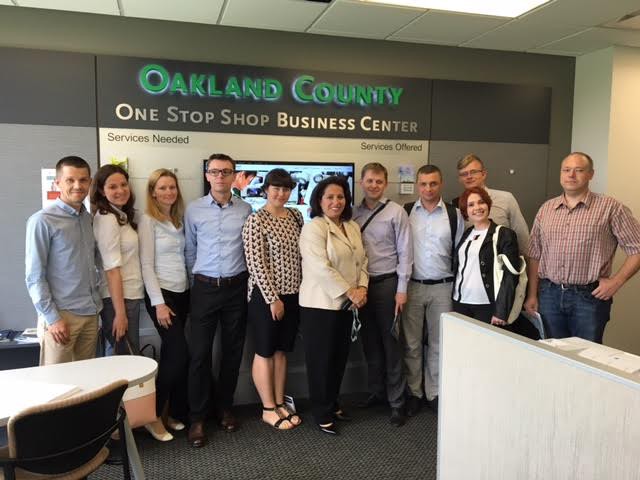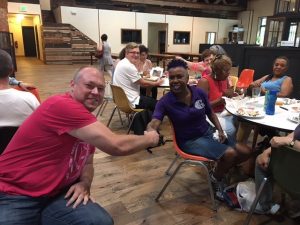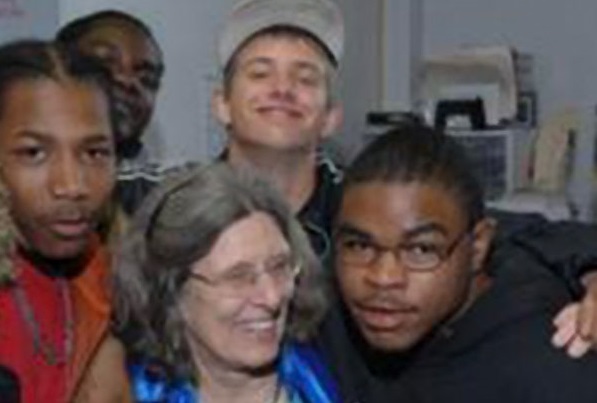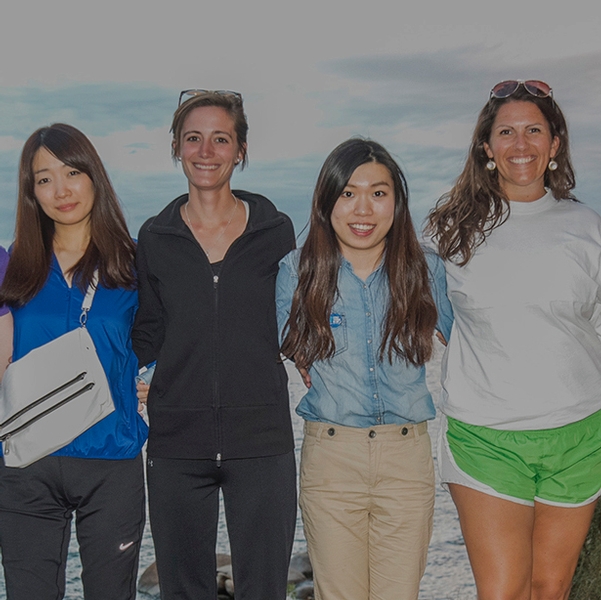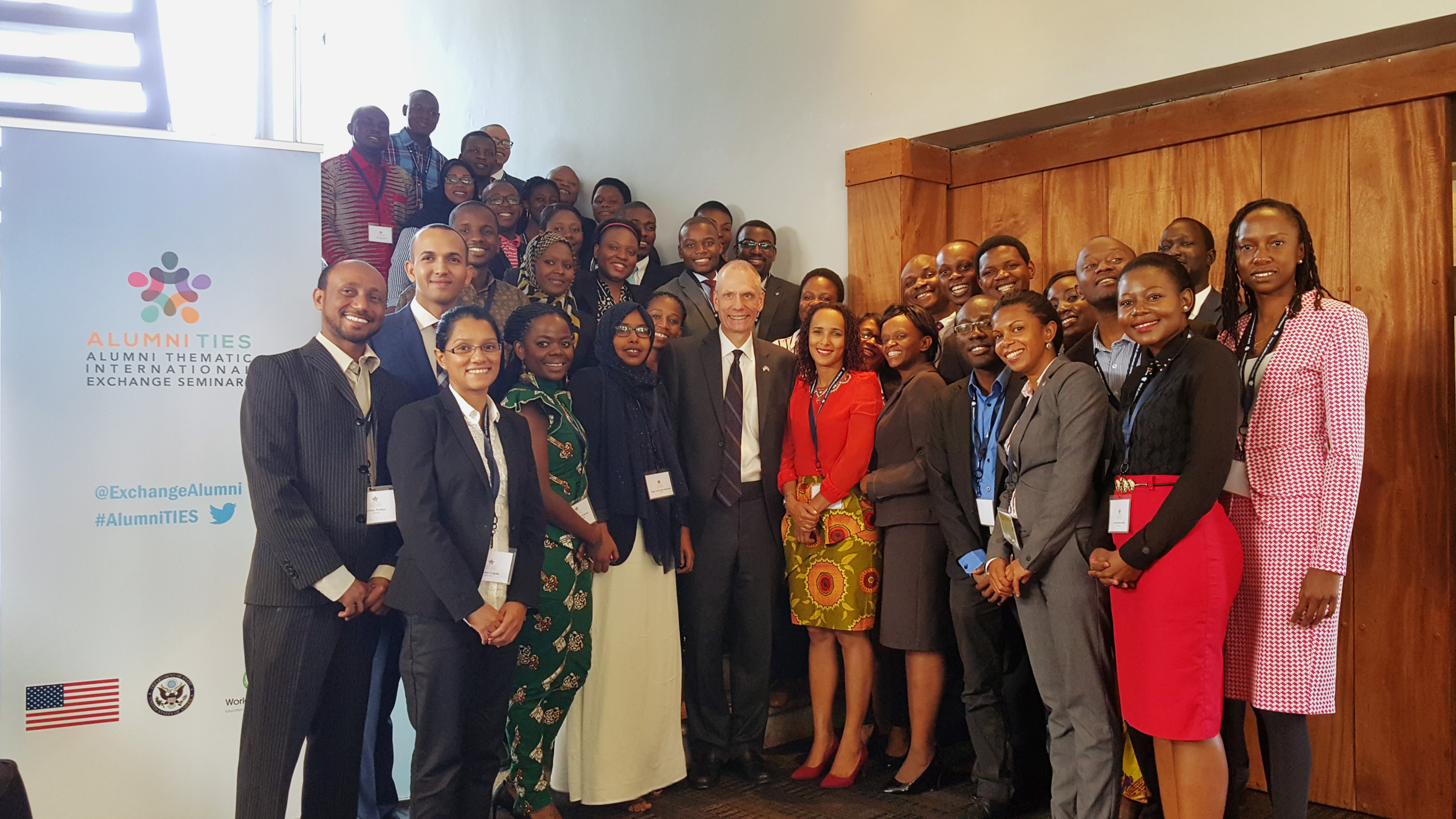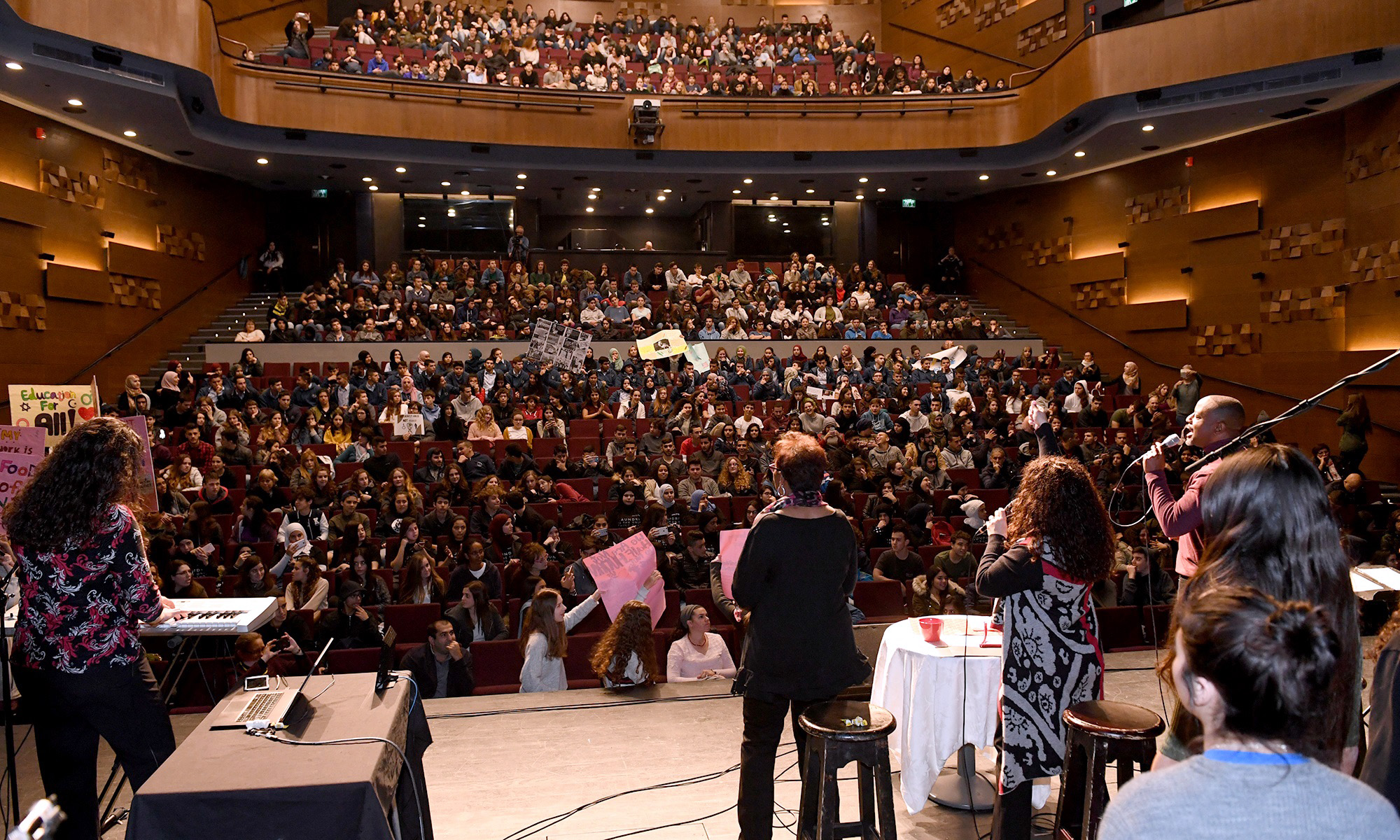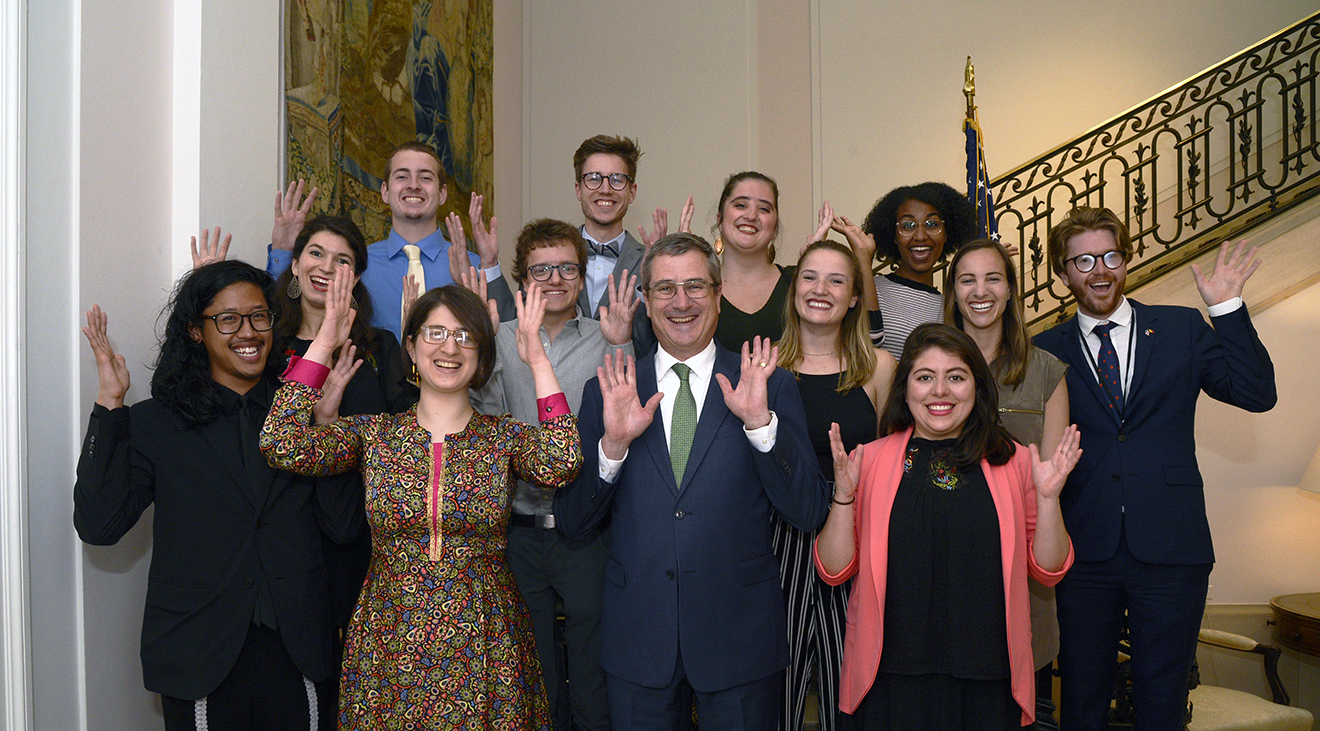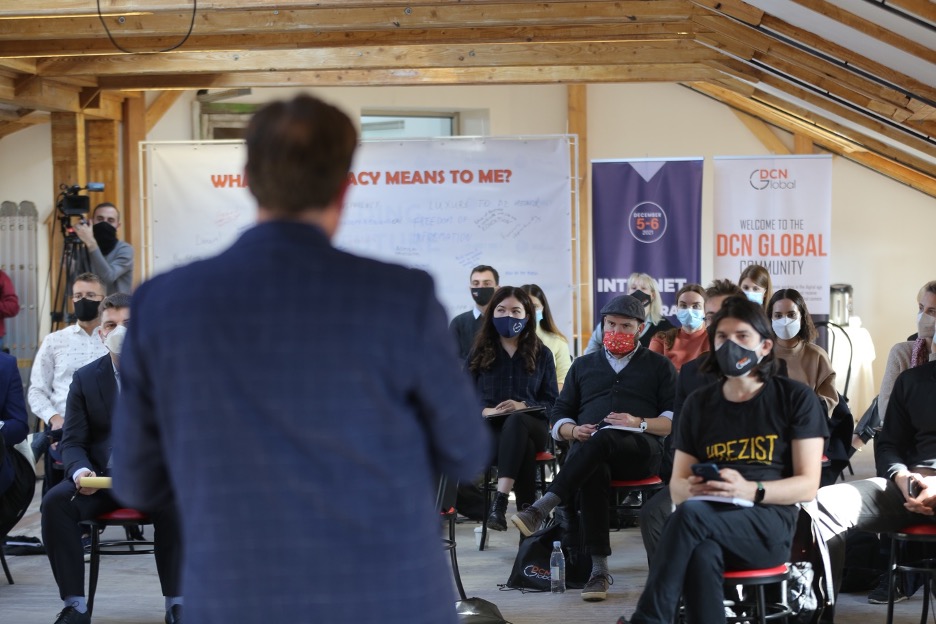When I moved to D.C. months ago, I settled into a lovely 300-square-foot studio in the Dupont Circle neighborhood, which I whimsically view as Washington’s grown-up version of Disney’s It’s A Small World — an iconic boat ride that teaches kids about global culture.
The neighborhood is steps away from Embassy Row, a tony section of Massachusetts Avenue where grand embassies stand side-by-side posh mansions. When I walk by the facades of these buildings, I imagine them as the smiling, welcoming faces in Disney’s playland and recall the high-pitched voices of children singing the ride’s theme song: “ . . . It’s a world of hopes and a world of fears / There’s so much that we share / That it’s time we’re aware / It’s a small world after all.”
I regard my tiny home as the Embassy of Maria’s Heart.
In March, I hosted a dinner for three international visitors who were in the U.S. as part of World Learning’s International Visitor Leadership Program, a professional exchange funded by the U.S. Department of State. Dinner hosting gives Americans a special opportunity to understand, exchange ideas, and forge friendships with people from around the world. It’s citizen diplomacy right in your own kitchen.
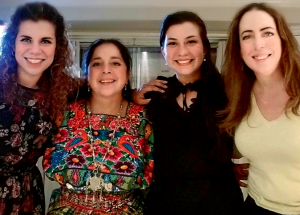
My guests were three women from Mexico, Guatemala, and Venezuela who work on corporate social responsibility, healthcare, and leadership respectively. The trio were part of a cohort of twelve women who were touring the U.S. for three weeks as part of a program called Women Leaders: Drivers of Economic and Social Change. One of the program’s objectives is showcasing women-led efforts that generate positive change in their communities.
Welcoming guests from other countries was exciting. A first-generation Cuban-American from Miami, I’d been wandering on a writer’s pilgrimage of sorts, until I landed in D.C. As a recent transplant, I was eager for all four of us to enjoy an authentic Washingtonian spread, which I procured from Glen’s Garden Market, a local shop that sources food from surrounding farmland in the Chesapeake watershed.

You’d think that starting a conversation with three strangers would be awkward, but no sooner was crust cracked and dipped into olive oil, did we find ourselves sharing ideas and stories without any hesitation. The warm and earthy scent of dough from fresh-baked ciabatta loaves lingered in the air, as the cadence of conversation landed upon the universal concerns of women: birth control, family planning, women’s economic security, freedom of speech, disease prevention and management, parenting, elder caregiving — you name it, we talked about it.
I’m no match for the mighty embassies up the road, but what I lack in size and officialdom I make up in warmth and openness.
I recently saw the movie A Wrinkle in Time, which references a quote by Rumi: “The wound is the place where the light enters you.” The world is full of wounds, including the collective, exhausted spirit of humanity. Breaking bread temporarily crumbles the fear that drives politics and devolves our better selves. Breaking open that crusty loaf enables the light to enter our hearts.
That evening, I learned so much about what’s really happening day-to-day in other places — the kind of heartbreaking stuff you don’t hear about in the news. The stories boosted my impression of resilient women the world over who endure unspeakable misery we can’t even begin to fathom here in the U.S. It’s comforting to know that my new friends are actively working to make their corner of the world a better place.
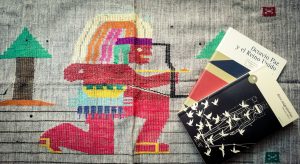
Hosting was humbling, exhilarating and deeply moving. With my Murphy bed tucked away, my living space became a miniature and covert United Nations — just a stone’s throw away from international centers of political power, including the White House.
Playing hostess was also just plain fun! I encourage my fellow Washingtonians and others beyond our nation’s capital to invite the world home for dinner. Throw open your doors to real diplomacy, experience what peace tastes like, and make sure to serve local bread! It is, after all, a small world — but our hearts are bigger.
Maria de los Angeles is an award-winning writer, teacher and spiritual entrepreneur based in Washington, D.C. She is also founder of #HeartCenteredMedia and HeartCenteredDC.com, a forthcoming digital and social platform focused on heart-centered living in the nation’s capital. Her digital dispatches can be followed on Twitter@vicequeenmaria.
Each year, World Learning’s International Visitor Leadership Program (IVLP) brings about 800 participants to the U.S. to meet with colleagues in their respective fields and learn about American culture. Almost all of them will spend at least one evening with a dinner host. (Approximately 85 communities in 43 states host international visitors for dinner through IVLP and our local partners around the country.) Many program participants report back that this is one of the highlights of their visit to the U.S.






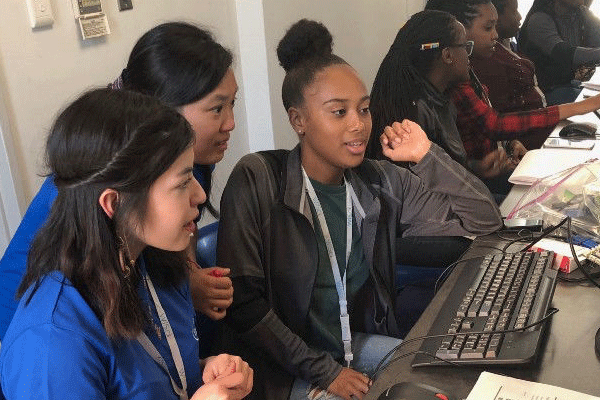
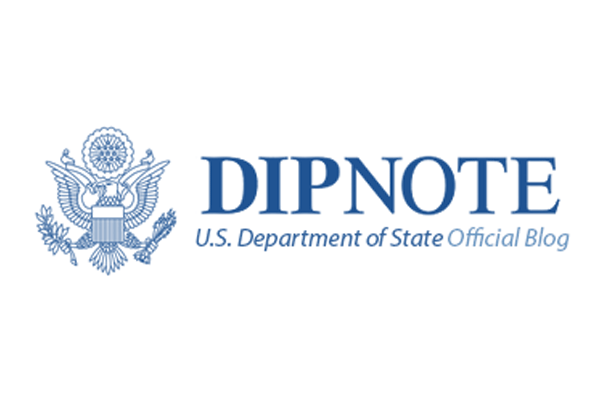
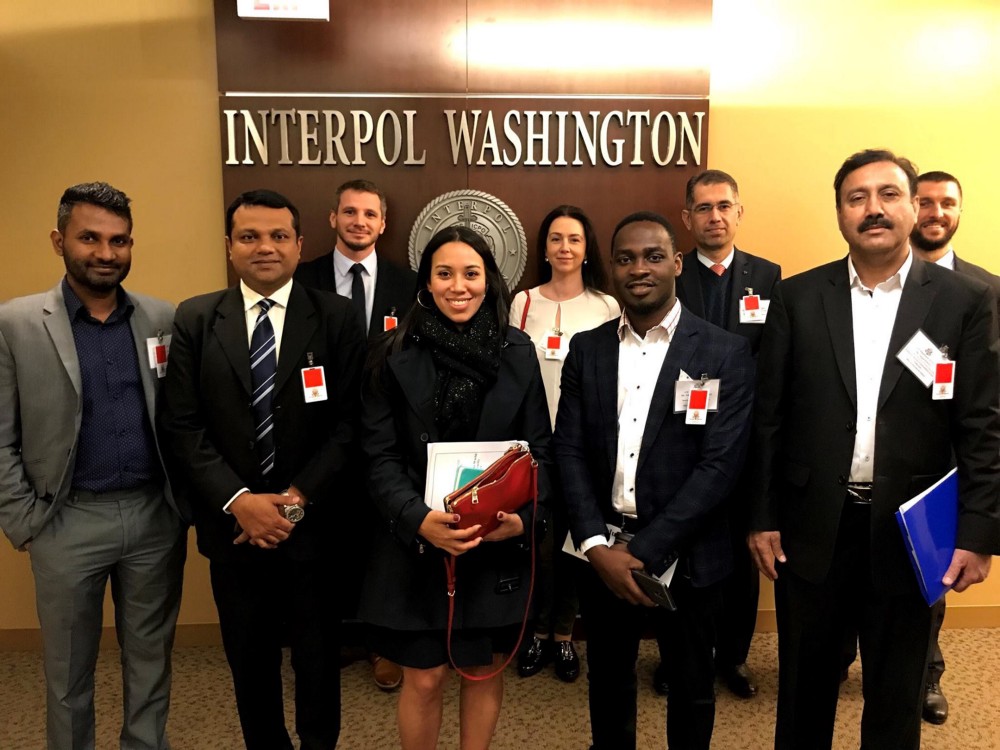
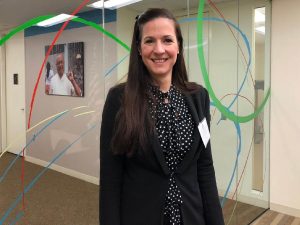
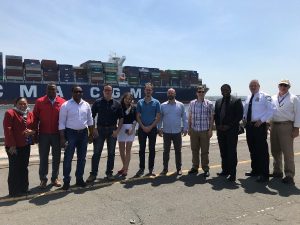
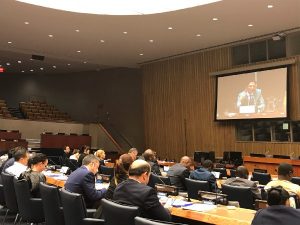
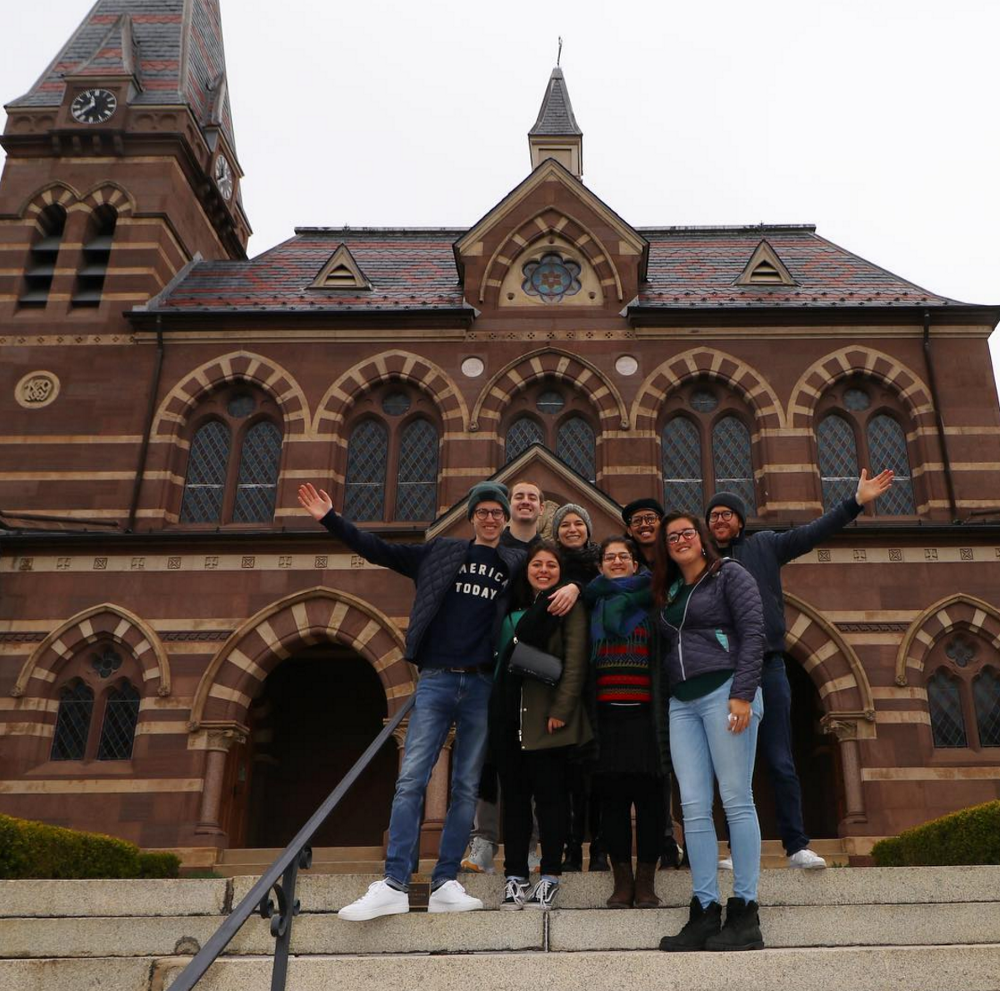
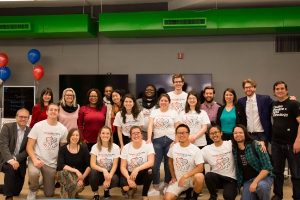
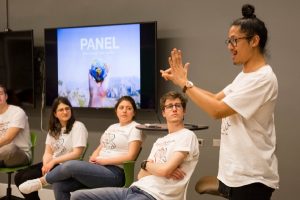
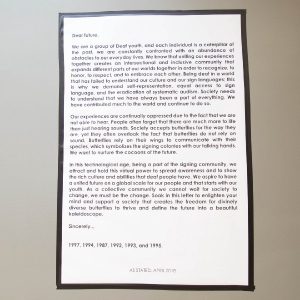
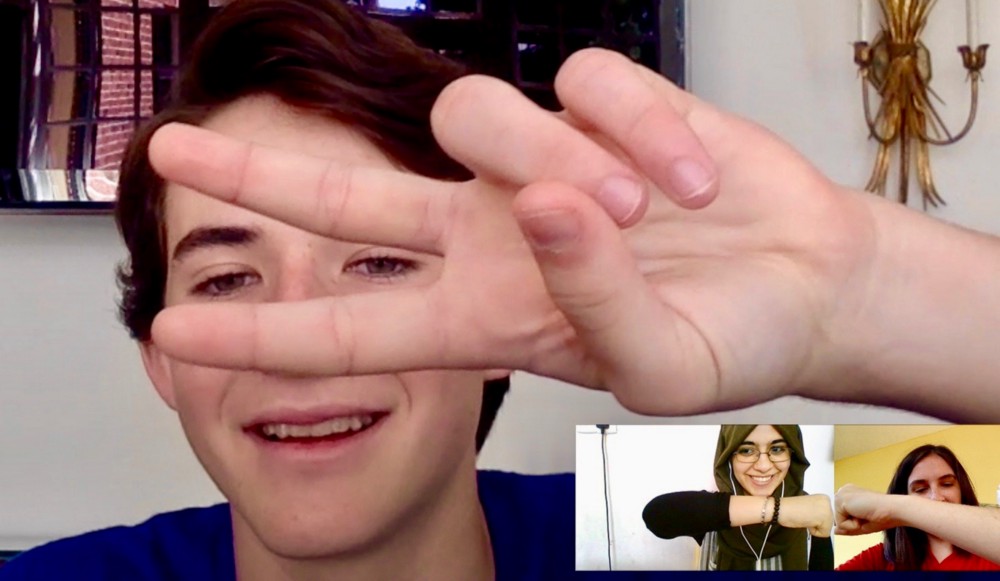
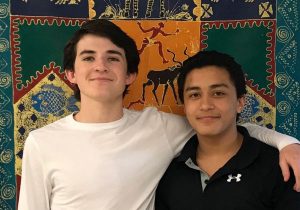
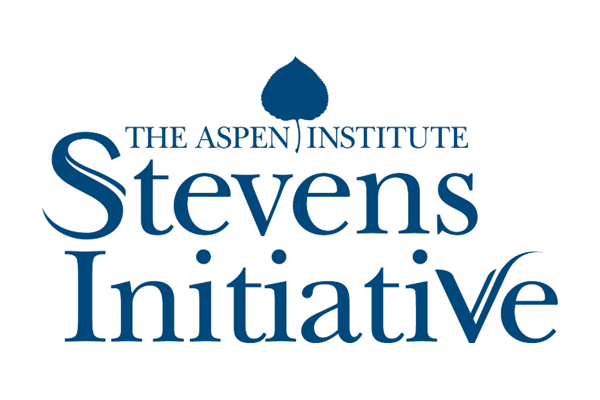
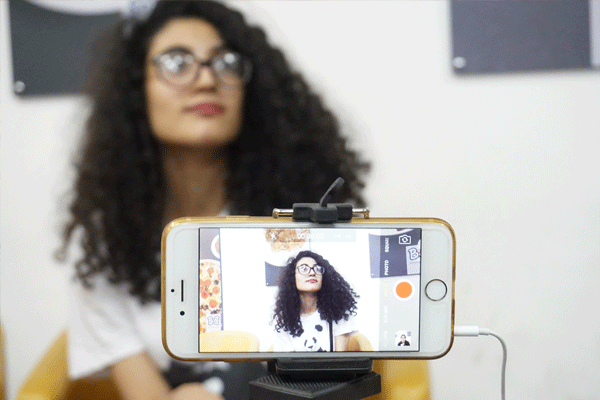
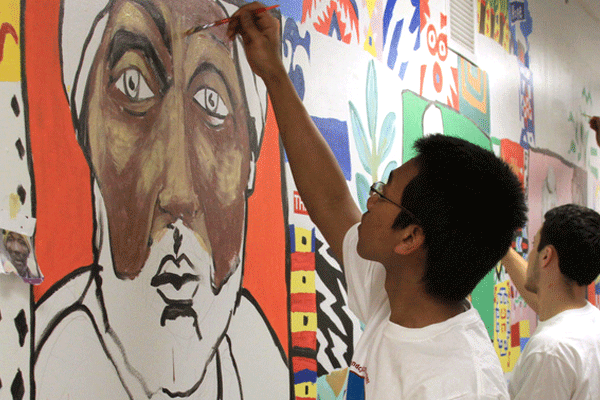

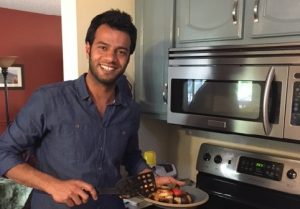
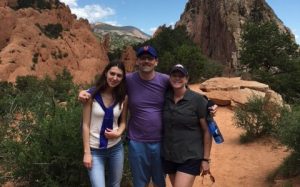
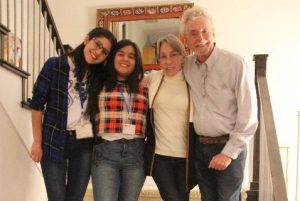
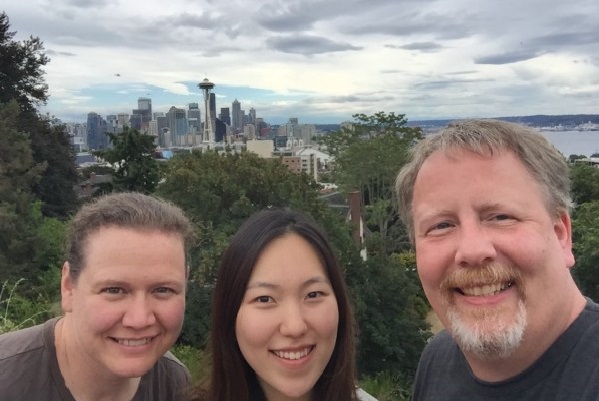
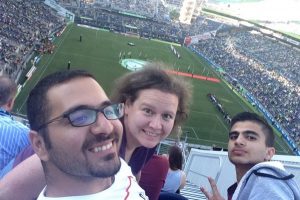

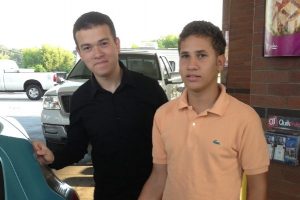
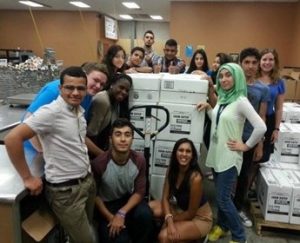 “We turn the music up and just have a good time,” Leslie says. “It’s a fairly bittersweet event, however, because at the end of the dinner, Bob Leiser hands out certificates to each visitor and invites them to say a few words if they choose. Everyone realizes the Tulsa part of the trip is coming to an end. We take group pictures and there are hugs all around.”
“We turn the music up and just have a good time,” Leslie says. “It’s a fairly bittersweet event, however, because at the end of the dinner, Bob Leiser hands out certificates to each visitor and invites them to say a few words if they choose. Everyone realizes the Tulsa part of the trip is coming to an end. We take group pictures and there are hugs all around.”